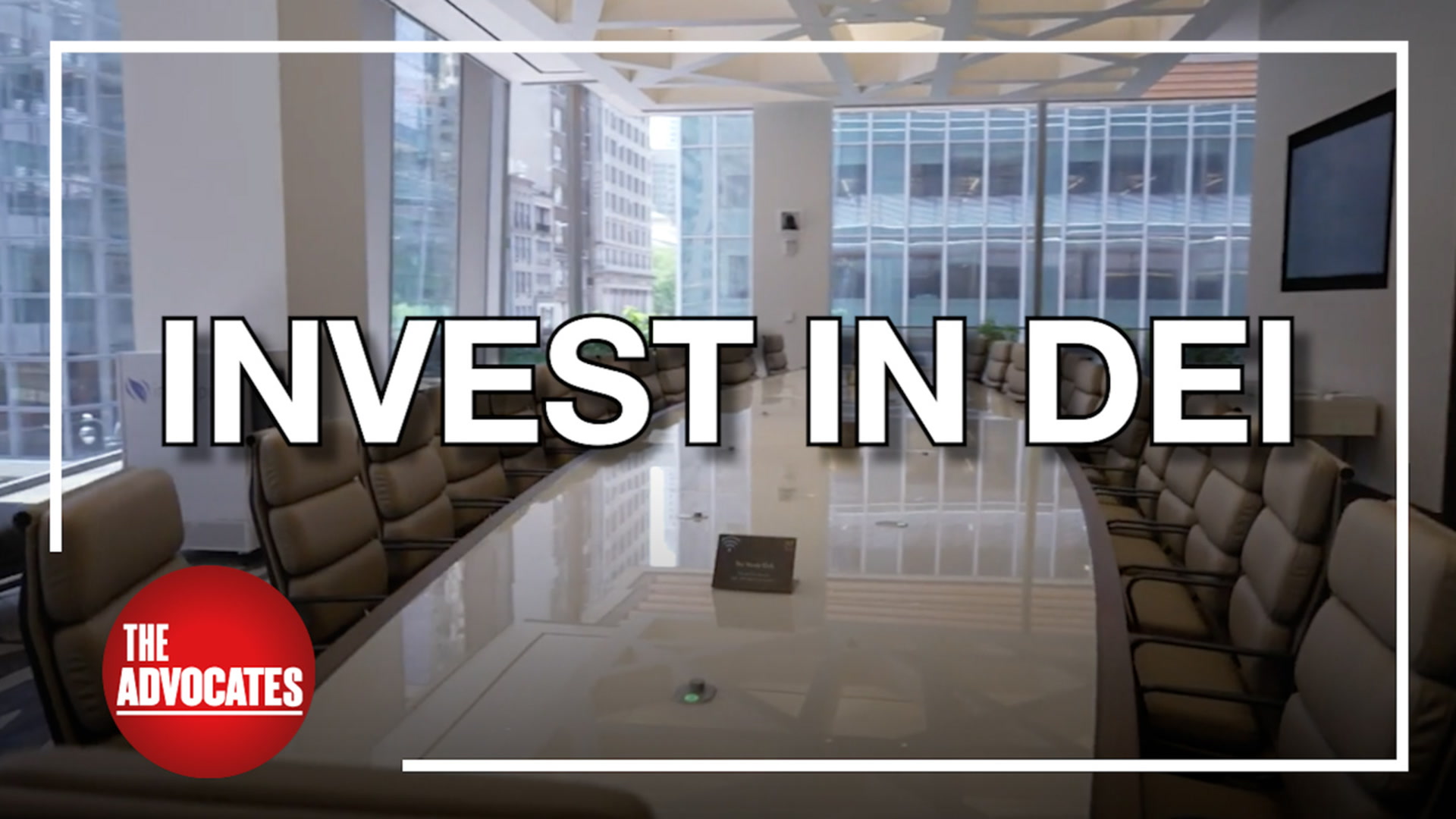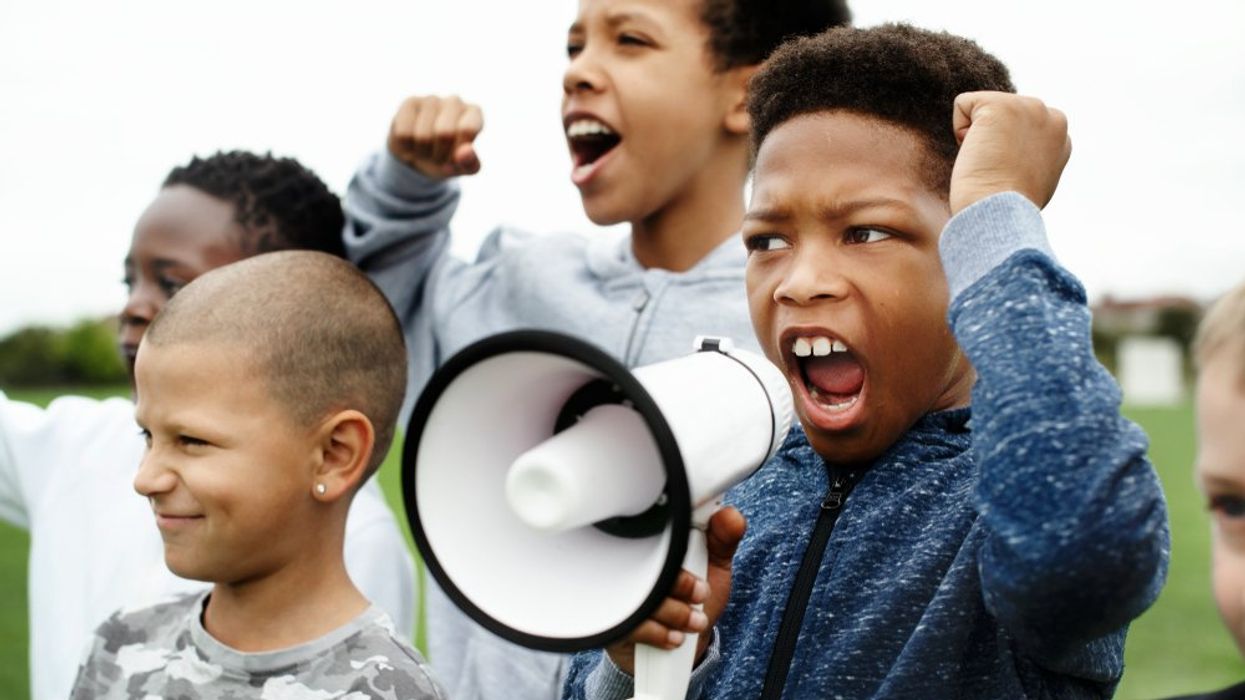Editor's note: Suzanne Nossel is CEO of PEN America, the century-old free expression and writers group. The views expressed in this commentary are her own. View more opinion on CNN.
(CNN) — In a matter of months, Diversity, Equity and Inclusion — or DEI — has gone from a guiding light on US college campuses to a deprecated doctrine blamed for chilling speech and imposing groupthink in higher education.
Some conservatives trumpeted the resignation of Harvard President Claudine Gay, the first Black president in the university’s near 400-year history, who faced allegations of plagiarism after being criticized for not doing enough to combat antisemitism on campus, as a mortal blow against DEI.
The doctrine is being blamed for corroding elite institutions and stifling the freewheeling discourse that makes college so formative. Harvard’s Danielle Allen, a political scientist who helped lead the university’s 2018 Presidential Task Force on Inclusion and Belonging has acknowledged in an op-ed in The Washington Post that “DEI bureaucracies have been responsible for numerous assaults on common sense” and that Harvard, among others has “stumbled …badly” in part by focusing excessively on accusation rather than cultivating mutual respect.
DEI means different things to different people. For some it is the essential, unfinished business of the civil rights movement to eradicate discrimination and forge an equal society. To others it is a repudiation of Martin Luther King Jr.’s ideal of a world where children are judged by character and not skin color; an insistence that considerations of race and undoing racism govern societal decision-making. To certain critics, DEI has become synonymous with overgrown campus bureaucracies that siphon resources and attention from teaching and scholarship.
But shoring up academic freedom and open discourse on campus must not mean jettisoning DEI.
Free speech need not be sacrificed on the altar of DEI, nor vice-versa. Campuses have moral and practical obligations to ensure that students can thrive irrespective of their racial, ethnic, religious or other identities. Just 42% of the university student population across the country is white; nearly a third are immigrants, according to the National Student Clearinghouse Research Center. Meanwhile American high schools remain sharply segregated; 60% of Black and Latino students attend schools whose populations are over 75% comprised of students of color, according to the National Center for Education Statistics.
For many young people, campus is a first encounter with people unlike themselves. To prepare for professional success, personal satisfaction and societal leadership, university graduates must be primed to live and work with those from different backgrounds.
Creating an environment open to all students demands continuing to adapt institutions created centuries ago to serve comparatively homogenous populations of elite, White men. Yet that evolution should not — and need not — come at the expense of free speech and academic freedom. To fulfill their role as flagship institutions in a pluralistic America, universities must embrace both a continued commitment to diversity and an uncompromising fealty to free speech.
DEI programs are not inherently censorious. On the contrary, an open marketplace of ideas requires that everyone be able and willing to speak up. If barriers including prejudice, stereotyping or intimidation inhibit certain students from joining in classroom discussions or extracurricular life, the vitality of the public square diminishes. Steps to eliminate those obstacles range from training professors to elicit broader in class participation, supporting students with weaker academic backgrounds, or fostering community among sometimes isolated minorities. These practices are a boon to open discourse in that they help get more voices heard.
DEI programs go astray if they turn what should be a call to appreciate difference, nuance and complexity into a mandate for uniformity of thought and action. When inclusion efforts go amok they can make for viral news stories: the publication by a “Technology affinity group” at Stanford University of offensive terms to avoid (including innocent phrases, like “American,” “immigrant,” and “grandfather”); or the University of California, Santa Cruz requiring mandatory DEI statements from job candidates, an ideological litmus test that was challenged last summer as a violation of the First Amendment. The case was dismissed by a California judge on Friday.
Many DEI programs, including Harvard’s, have left out the need to combat antisemitism because some Jews are White and privileged, thus falling outside the population DEI programs intend to protect. In these cases, efforts to foster peaceable coexistence in a pluralistic society are carried to counterproductive extremes. The propensity to reduce everything to a matter of race or identity, an unforgiving patrolling of language and thought and Manichean conceptions of oppressor and oppressed can corrupt the noble project of DEI.
Seeding grievance among those who believe the particularities of their identity or experience are overlooked and their opinions squelched, DEI programs have bred resistance to what should be broadly embraced goals in a society committed to equality and democracy.
The noble aspiration of creating a more diverse, fair and welcoming campus should not be cast out with the bathwater of DEI. Universities should embrace former President Bill Clinton’s onetime approach to affirmative action: “mend it, don’t end it.”
While dogmas should be cast aside, universities must continue to dedicate resources and expertise to creating inclusive campuses. Such efforts should reflect all forms of diversity, including addressing antisemitism, Islamophobia, economic hardship and disability-related barriers that defy simplistic binaries dividing “white” from “of color” and “privileged” from “disadvantaged.” They should do the hard work of reconciling concerns for diversity and inclusion with the imperative of fostering heterodox thinking among university faculties and political diversity among students, ensuring that the drive for diverse identities does not come at the expense of diverse ideologies.
Educating students on the history and manifestations of specific societal bigotries, including the unique place of anti-Black racism in American history, provides important context for living in the 21st century United States. Instead of trying to guarantee comfort levels, universities should build students’ resiliency to cope with ideas and speech they find noxious. Rather than imposed by sometimes sprawling teams of administrators, DEI efforts should be tailored to concrete challenges faced by those trying to teach and learn on campus.
Free speech must be foundational to DEI efforts. The whole point of making colleges more diverse should be to give a broader array of students access to what makes a university education great. If it throttles classroom discussion or shields students from objectionable opinions, DEI denies its purported beneficiaries (and all their classmates) the very education they seek. Heavy handed approaches to DEI can neuter the campus experience and leave students unprepared for the rough-and-tumble of a diverse society where they will unavoidably confront the unpalatable.
Simply housing, feeding and teaching students in common will not dissolve the hurdles of unfamiliarity, obliviousness, prejudice and fear that keep us from forming bonds with those from drastically different backgrounds.
At the same time, the premise of our pluralistic society cannot be that everyone must perpetually hold their tongue for fear of giving offense. If DEI can become a force that enables students to abide discomfort, reach across divides, ask hard questions about individual differences and hear out the answers, it will serve not just students of all stripes but our democracy and society writ large.
The-CNN-Wire
™ & © 2024 Cable News Network, Inc., a Warner Bros. Discovery Company. All rights reserved.
How Diversity, Equity, and Inclusion Leads To Better Business

Video Source: Advocate Channel

















































